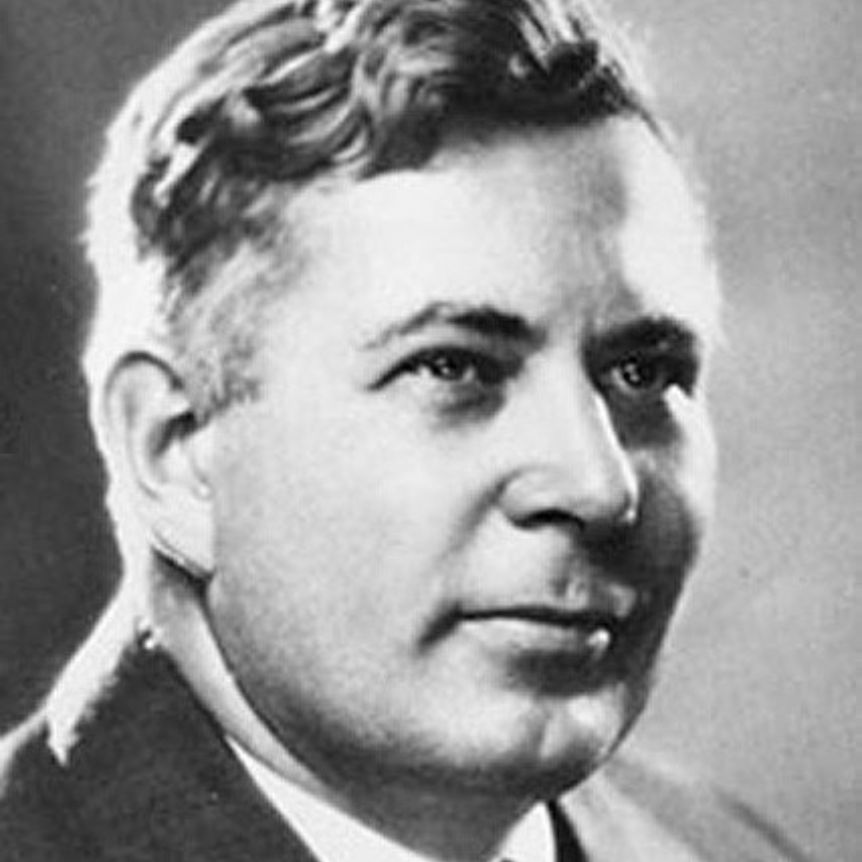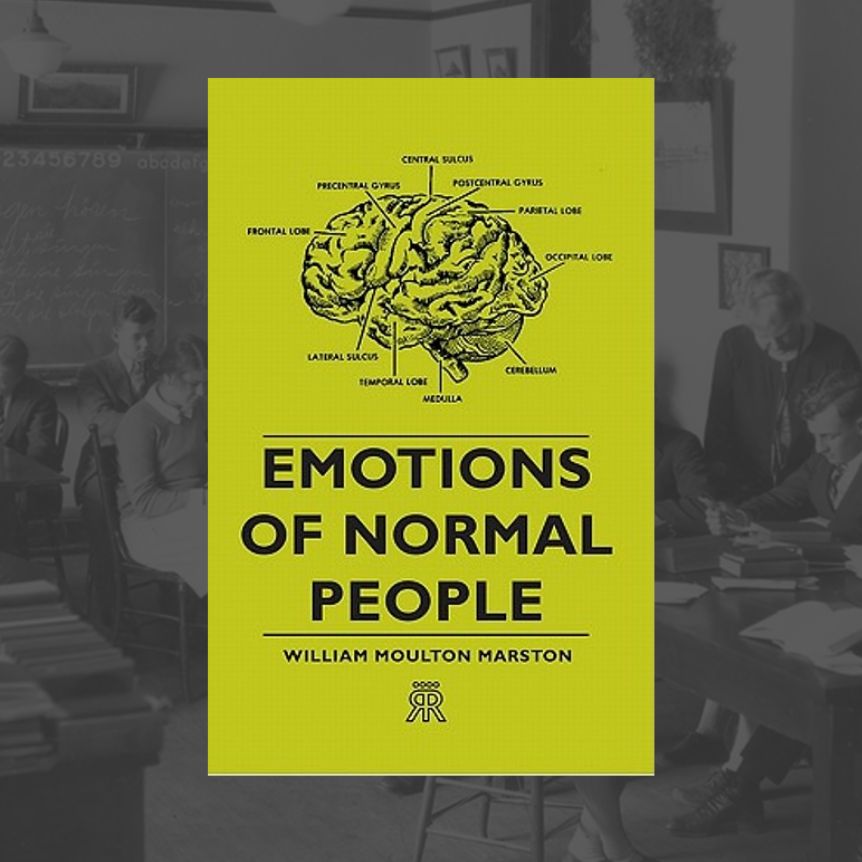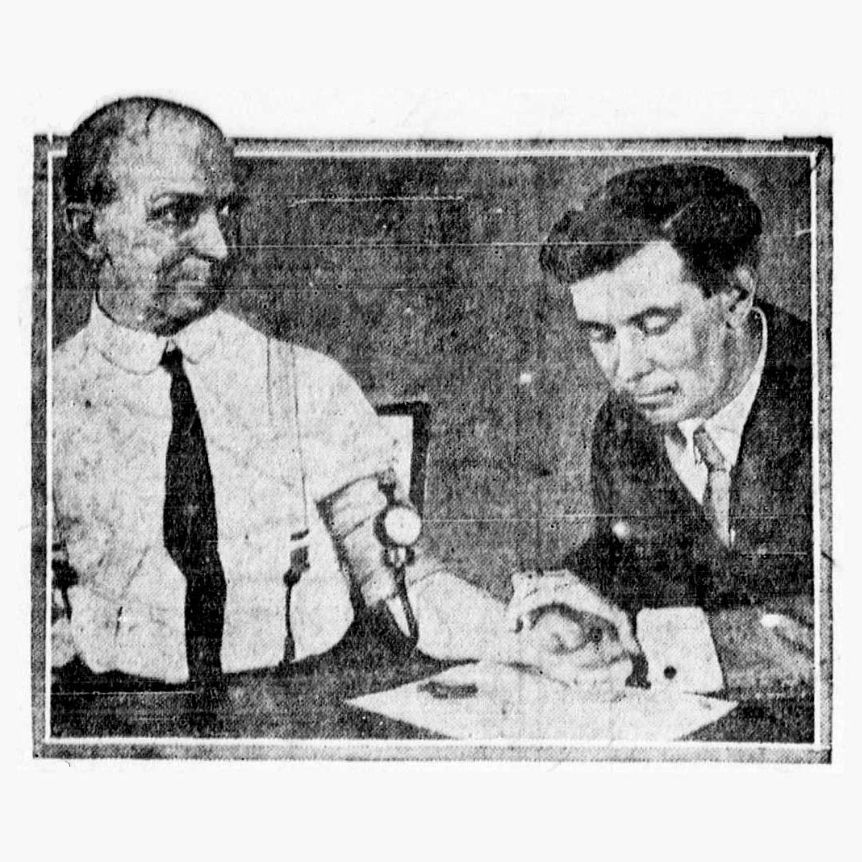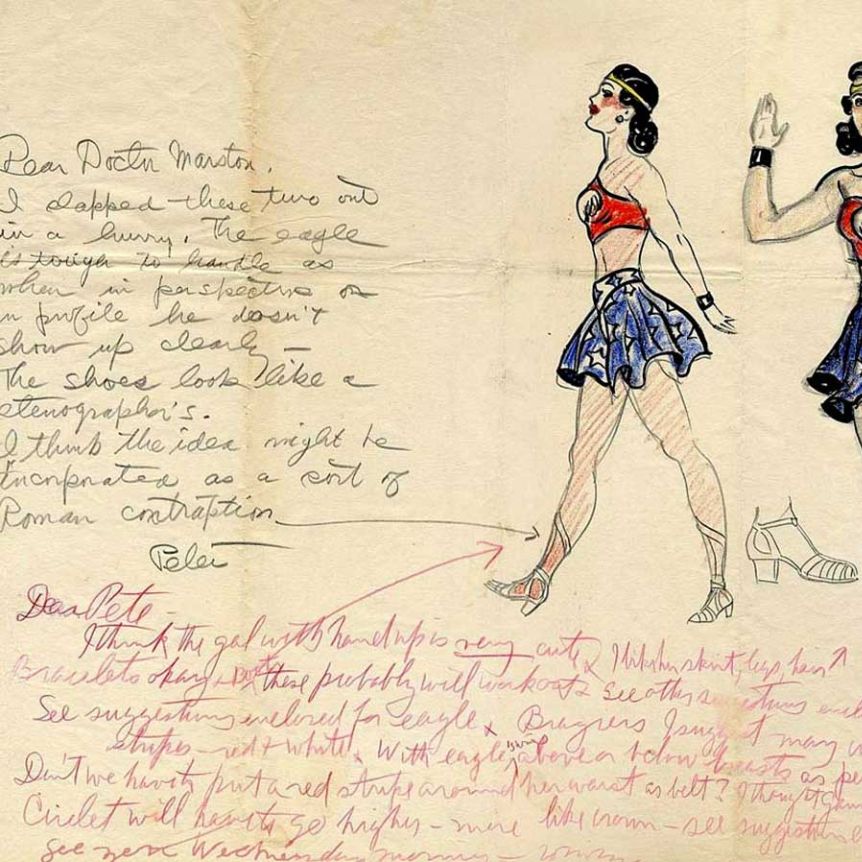William Moulton Marston
William Marston at a Glance

Educational Background
Marston attained his education at the prestigious Harvard University, successfully earning a Ph.D. in Psychology in 1921.
Legacy in Psychology
Marston’s work, particularly in the development of DISC theory and human behavior, has had a lasting impact on the field of psychology.

Prolific Author
“Human emotions are the gates and keys to the doors of human personalities.” – William Marston
William Marston and DISC
William Marston’s exploration of DISC stemmed from his lifelong fascination with human emotions. A Harvard-educated psychologist holding a Ph.D., Marston delved into this field with his 1928 book, Emotions of Normal People,” where he laid out the foundational principles of DISC. Drawing from extensive clinical experimentation, he introduced key DISC elements like axies, the connection between behavior and environment, and the behavioral patterns of Dominance (D), Inducement (I), Submission (S), and Compliance (C).
Continuing his DISC research, Marston published Integrative Psychology – A Study of Unit Response three years later, revealing insights into the interplay of emotion, personality, motivation, learning, and recall. These links have since become integral aspects of contemporary DISC tests, showcasing Marston’s enduring influence on the study of human behavior.
Father of the Polygraph
When aviator Charles Lindbergh’s son was kidnapped in the 1930’s, William Marston helped the family by using his polygraph machine to question potential suspects.
Creator of Wonder Woman
Marston was also a prolific writer. In addition to The Emotions of Normal People and Integrative Psychology, he also published several books and essays for scientific and popular audiences. As a newspaper columnist, he wrote about the burgeoning Women’s Rights Movement and became well-known for writing a number of influential journal articles in support of the early movement.
A great fan of classical Greek and Roman literature, Marston combined these stories along with his feminist belief system into the creation of an iconic female character, designed to embody the strong modern woman that Marston championed: Wonder Woman. The last six years of his life were dedicated to writing for DC Comics under the pen name Charles Mouton. Marston wrote the text for the Wonder Woman comics from the time she first appeared in print in 1941, up through his death in 1947. In 2006 Marston received the honor of being posthumously inducted into the Will Eisner Award Hall of Fame.
Get The Power of Personality to Your Inbox
Join to receive regular content on DISC and real-world applications!




